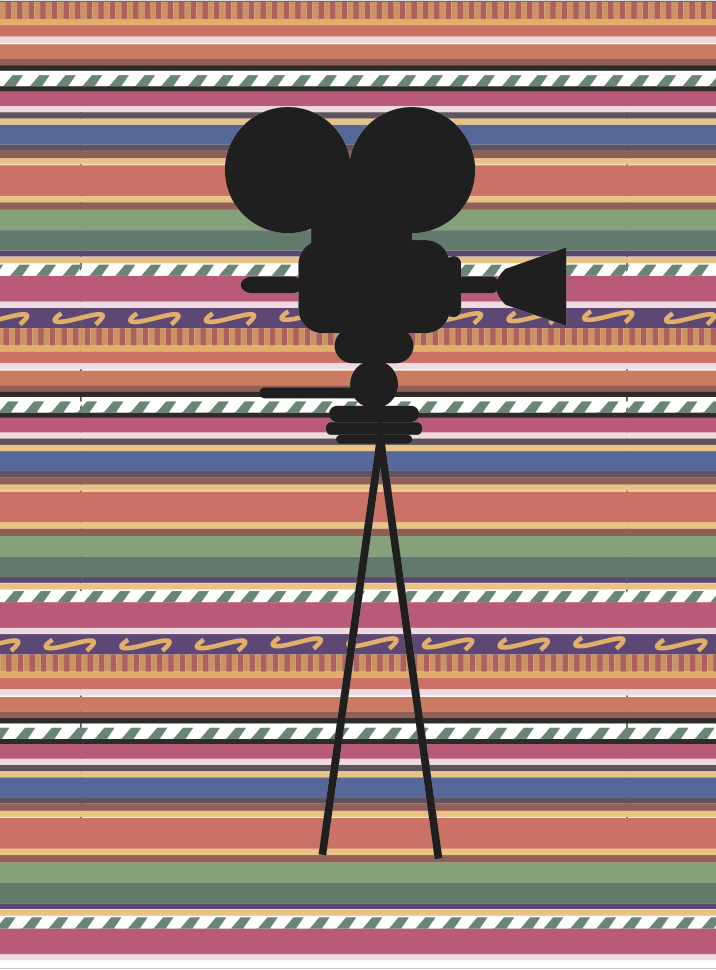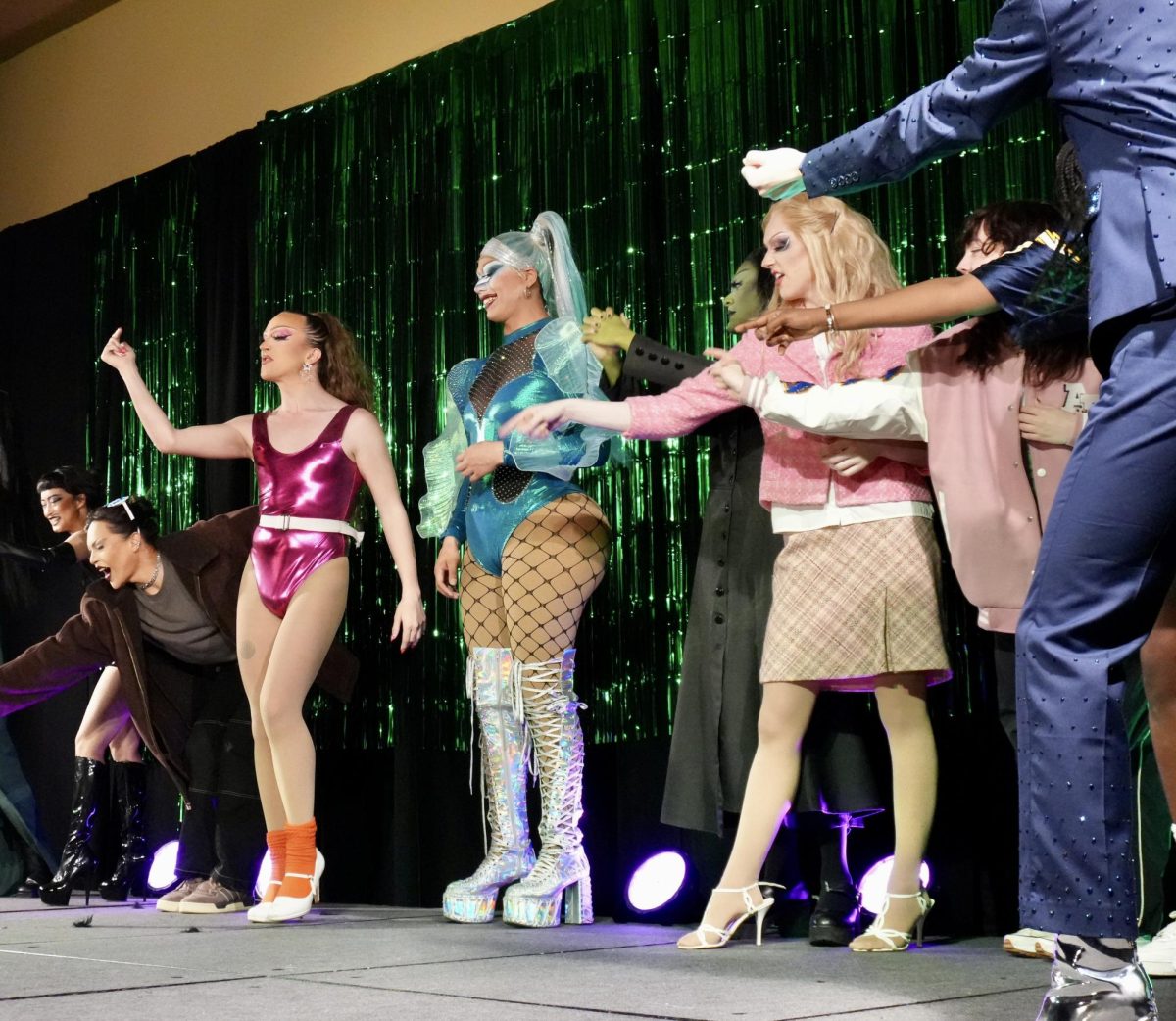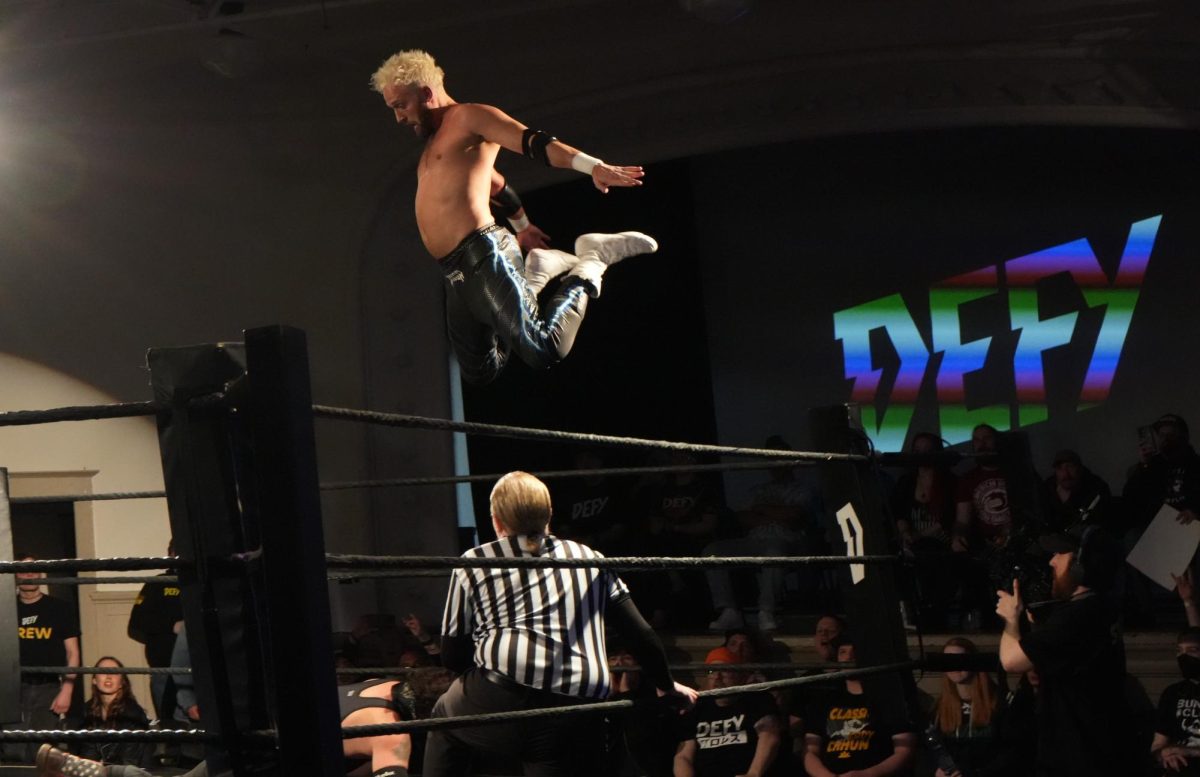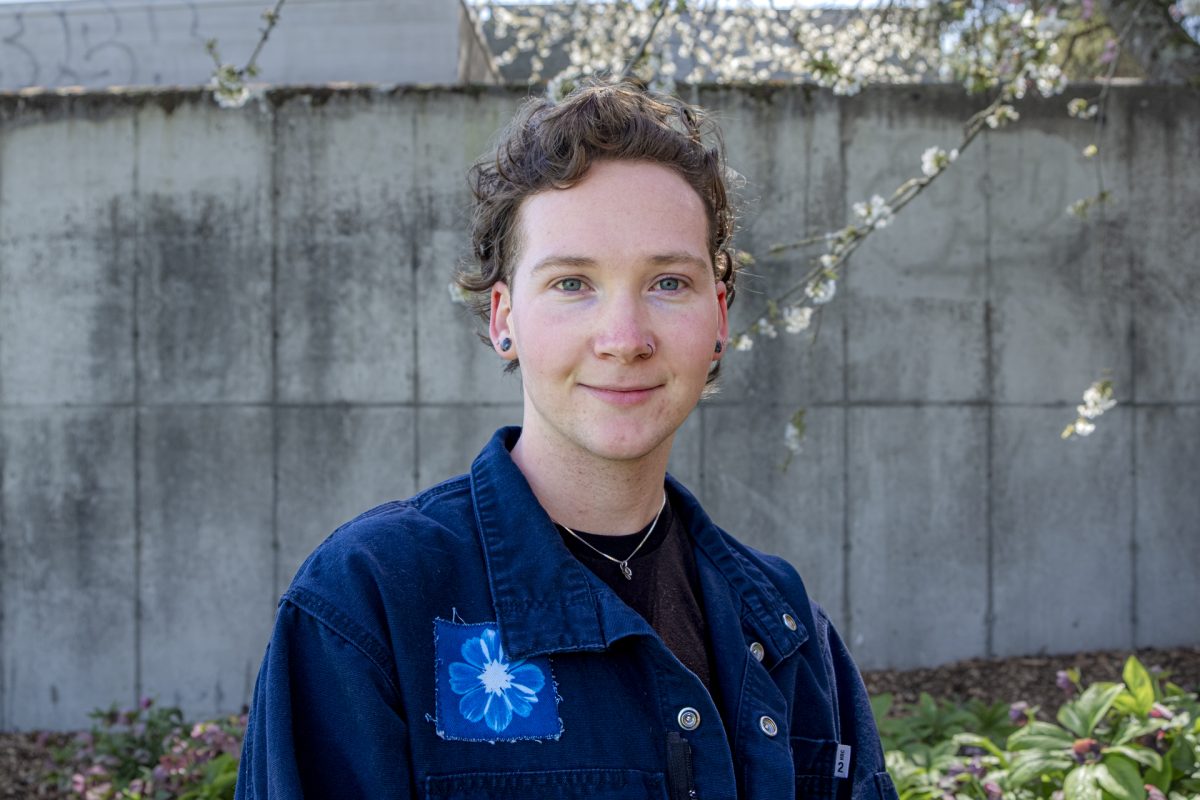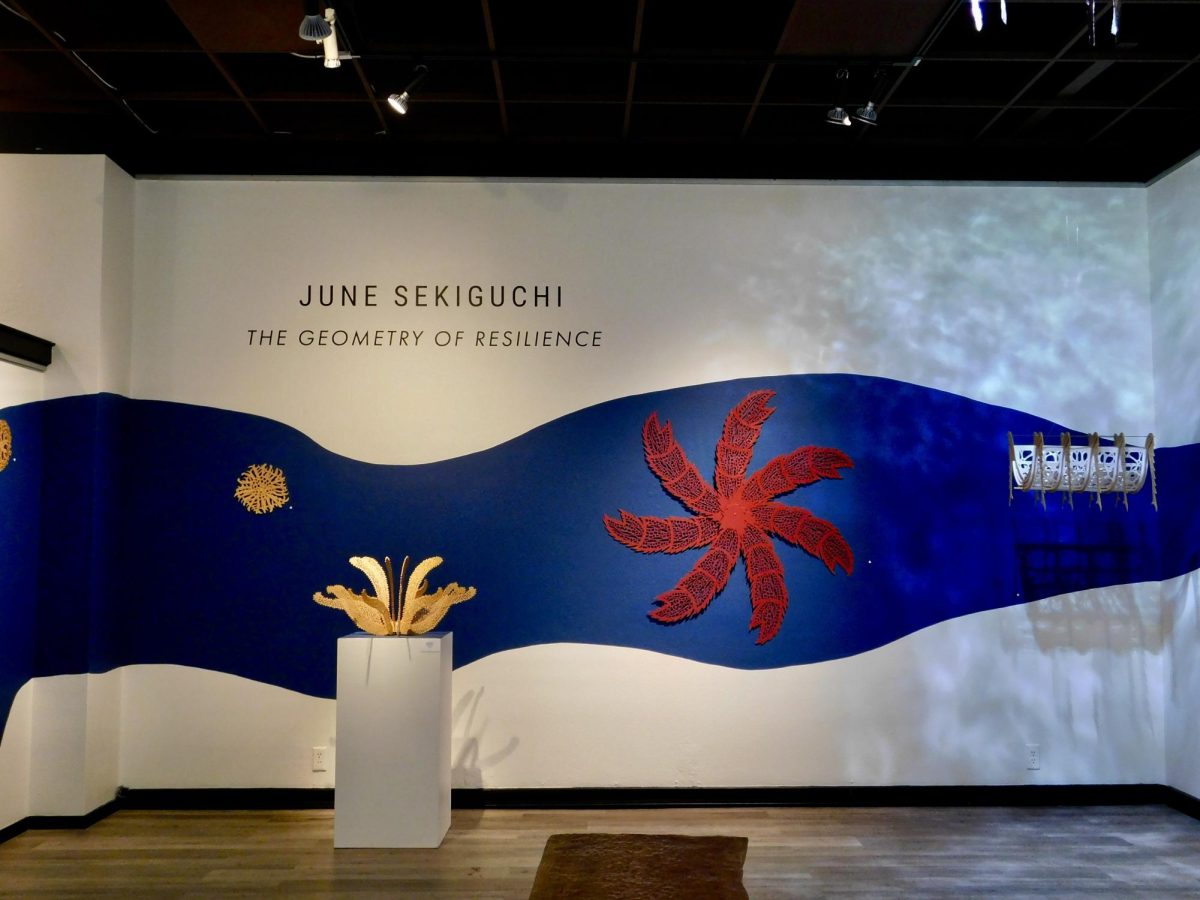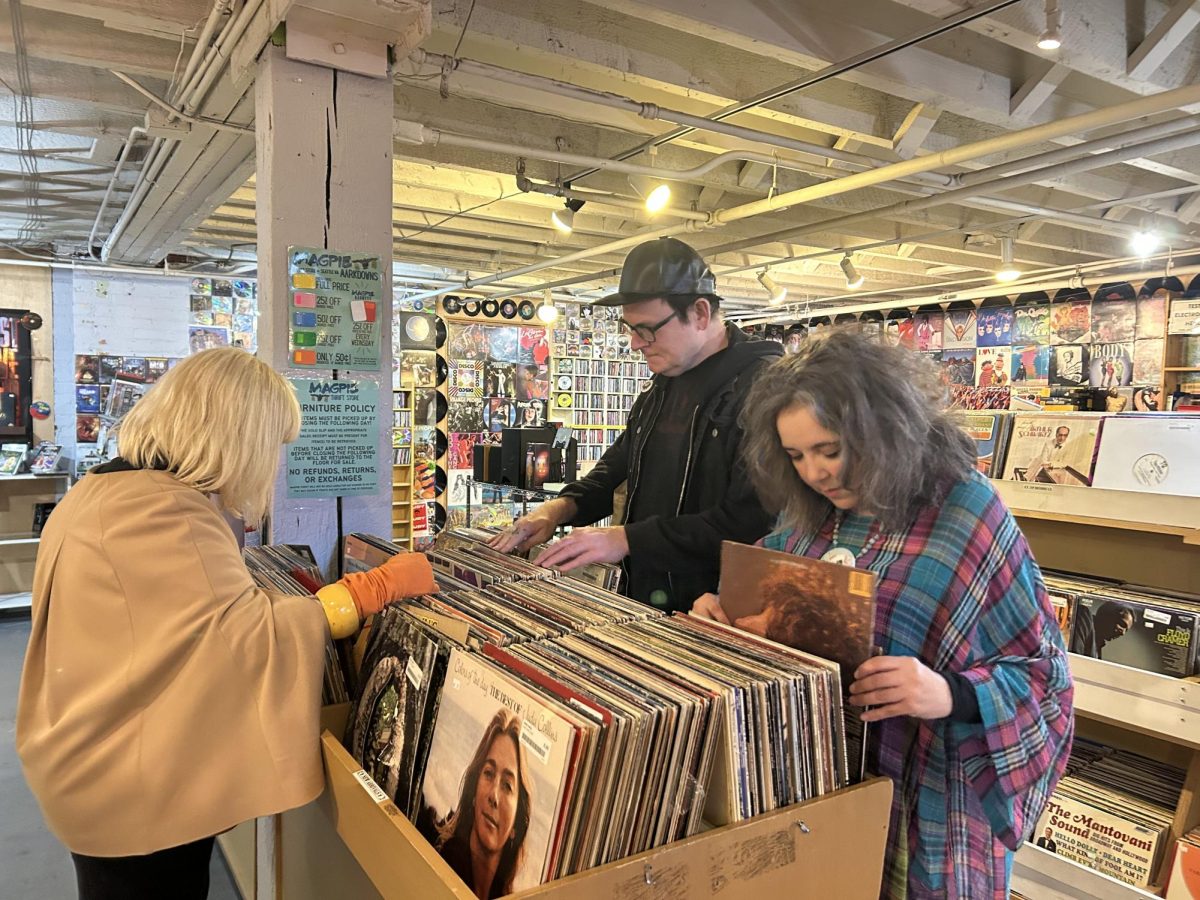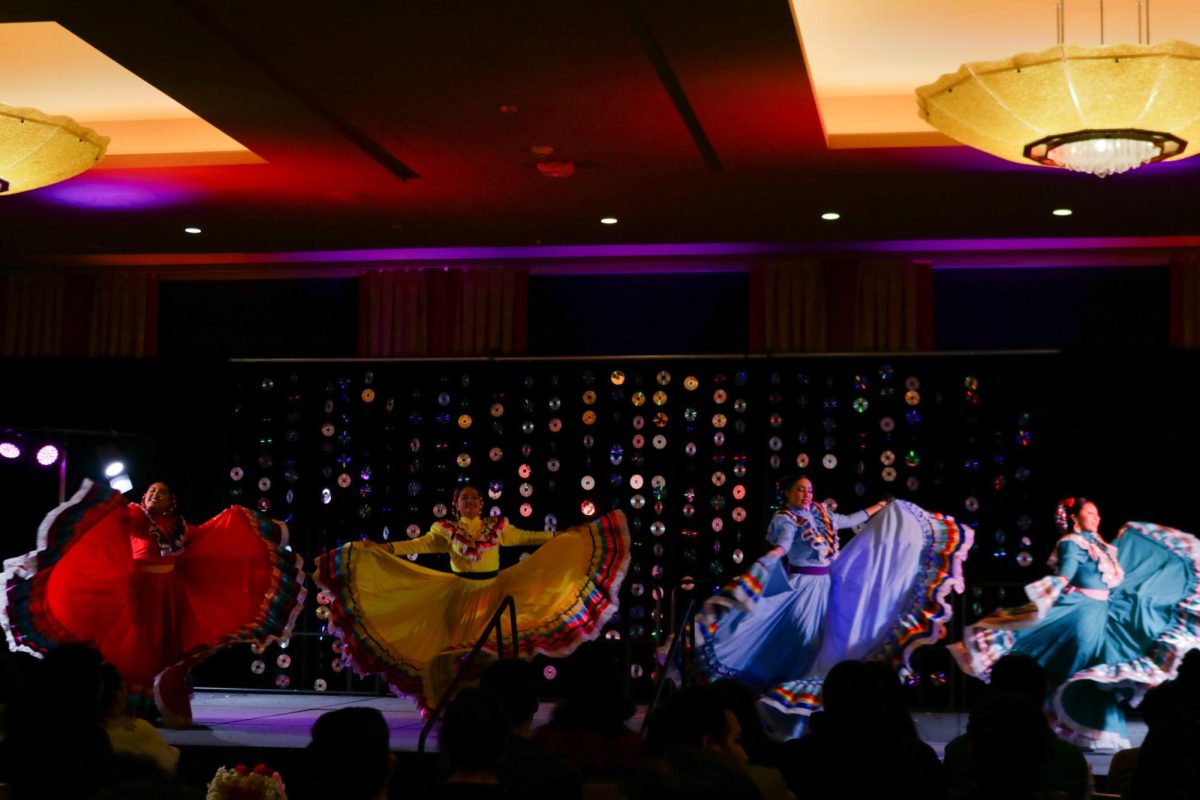The Seattle Latino Film Festival took place all through last week, with screenings at venues like the Northwest Film Forum, the Rainer Art Center and our very own Seattle University. The festival came to our campus on Tuesday, beginning in Xavier Global House, and later moving to Bannan Auditorium for the main screening. The film selected for Seattle U was “The Century of Joaquin Rodrigo,” a documentary chronicling the life and achievements of the famous 20th century Spanish composer.
Most famously known for creating “El Concierto de Aranjuez,” Rodrigo was widely recognized for his skill as a pianist and contributions to the worlds of orchestral and guitar compositions. The film emphasizes various life events that shaped Rodrigo including his blindness from very young age, the extensive education he received in classical music, and his marriage to pianist Victoria Kamhi.
Testimonials from his daughter, biographers and Spanish musicians all emphasized the ways in which Rodrigo’s music managed to both blend the influences of his predecessors and carry an individual identity. The documentary also portrayed him as something of an outlier within his field, as he did not play the instrument himself but was one of the most recognized guitar composers in Spain. Many of the interviews also recognized Rodrigo’s rigorous work ethic, publishing complex musical works in braille, while also in many cases working to tailor particular songs to the strengths of their intended performers.
Prior to the screening of the film, local guitar performer Tala Kossi played a variety of songs written by Rodrigo and other Spanish composers, illustrating not only the complexity of Rodrigo’s work, but also the influence that it had on the music that followed it.
“As a musician, it’s important to know the maker of the music itself,” Kossi said in reference to the documentary. “It really helps us better interpret the music and play it closer to what the composer intended it to be.”
An influencing factor in the decision to play this film was the personal connection the festival’s director, Jorge Enrique Gonzalez Pacheco, had with Rodrigo during his lifetime. The two met almost by accident in Spain, quickly becoming friends and remaining in contact even after Gonzalez Pacheco left the country. The festival director explained that the purpose of presenting films like this was to provide a cultural education on Latin American art.
“[The festival] can entertain you, but you can also learn a lot,” Gonzalez Pacheco said. “I invite students of this university to come because this is the best opportunity they have to learn about us.”
Pacheco explained that this year’s festival brought with it a series of changes and new additions to the way it had operated in previous years. The most noteworthy was that it was first year in which the festival had opened with an indigenous language film, seen in “Dauna Lo Que Lleva El Rio” from Venezuela.
“Each program is totally different each year because we try to bring the most contemporary Latin American cinema,” Gonzalez Pacheco said. “Making the program year by year for me specifically is a big challenge, but it is beautiful too.”
The screening at Seattle U would not have been possible without the help from Diana Luna, professor of Modern Languages and Cultures and the Faculty Director for Xavier Global House. She was not only responsible for suggesting Seattle U as a venue for part of the festival, but has also played an important part in founding the festival itself. It was Luna’s encouragement that got Gonzalez Pacheco to open the festival, convincing him that Latino films deserved their own space beyond the Seattle International Film Festival.
“One of the missions of the Xavier Global House is to open up windows for students, faculty and staff to appreciate the world and the richness of its cultures” Luna said.
She described the Latino Film Festival as an opportunity to connect with other cultures in a way that is accessible and within one’s community and stressed the importance of being a part of these types of events.
“It’s an opportunity for students to know what’s happening around the world around, and not just from books or a lecture in class, but to meet people in real life,” Luna said.
Information on “The Century of Joaquin Rodrigo,” Seattle Latino Film Festival and other films that were shown this year can be found at http://slff.org/.
Carlos may be reached at
ccervantes@su-spectator.com


